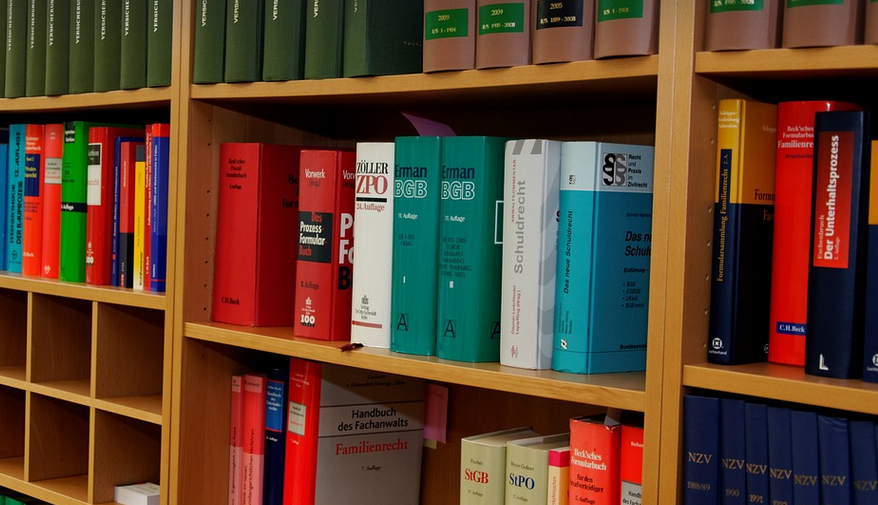Understanding the Basics
Legal for trade scales, also known as weighing scales used in commercial settings, are an essential tool for many businesses and industries across the globe. These scales play a crucial role in ensuring accuracy and consistency in various operations, from measuring raw materials to verifying product weights before transportation or distribution.
The legal requirements for these scales vary depending on the industry, location, and specific applications. Understanding the legal regulations surrounding trade scales is critical for businesses to operate legally and ethically while ensuring compliance with relevant standards.
What Makes a Trade Scale Legal?
Several key factors contribute to a scale being considered legal for trade purposes:
- Accuracy and Precision: Legal scales must offer a high degree of accuracy within the set tolerances. This means that the difference between an actual weight and the reading on the scale should be minimal.
- Calibration: Scales undergo regular calibration to maintain their accuracy and ensure they provide reliable readings. Calibration involves comparing the scale’s reading with a certified reference standard, ensuring consistency and reliability.
Beyond these fundamental aspects, legal trade scales often require specific certifications and compliance with national or international standards. This ensures that the scales meet specific requirements regarding accuracy, calibration, and durability.
Types of Legal for Trade Scales
Trade scales come in various types, each designed for different applications:
- Digital Scales: These scales display the weight digitally using a screen or LCD display. They offer high accuracy, precision, and ease of use.
- Analog Scales: Traditional analog scales utilize mechanical systems with weights and levers to measure weight. While they might have less digital sophistication, these scales are still reliable and accurate for specific applications.
- Platform Scales: These industrial-grade scales offer greater load capacity and stability, making them suitable for heavy-duty operations. They use a raised platform and support system to ensure even weight distribution.
Legal Requirements in Different Industries
The legal requirements surrounding trade scales are not one-size-fits-all; they vary depending on the industry and specific application:
**Food Industry:** In food production, for example, accuracy is critical as it directly impacts consumer safety and product quality. It’s essential to use scales certified by relevant authorities like FDA (United States) or EFSA (European Union). These regulations often include strict guidelines regarding calibration frequencies, calibration methods, and record-keeping.
**Agriculture**: Farmers and agricultural businesses rely on accurate weight measurements to determine crop yields, calculate livestock weights for sale, and optimize resource allocation. Regulations like USDA standards ensure that scales are calibrated regularly and adhere to specific accuracy levels for agricultural applications.
**Pharmaceuticals:** The pharmaceutical industry prioritizes strict quality control, requiring precise weighing in the production of medications and dosage forms. Scales used must be certified by regulatory bodies like EMA (European Medicines Agency) or FDA. These organizations set standards for calibration frequency, traceability, and accuracy to ensure safe drug production.
**Logistics and Transport**: Within the logistics industry, accurate weight measurements are crucial for determining shipping costs, ensuring proper cargo loading, and complying with legal regulations regarding weight limits for different vehicles (trucks, trains, ships)
Legal Consequences of Noncompliance
Not adhering to legal requirements can have significant consequences:
- Fines and Penalties: Businesses that fail to comply with relevant regulations may face fines, penalties, or even legal action.
- Product Liability Issues: Inaccurate weighing can result in defective products, potentially leading to product liability issues and customer dissatisfaction.
- Reputation Damage: Noncompliance with regulations can tarnish the reputation of a company, resulting in loss of trust from customers and stakeholders.
How to Ensure Legal Compliance
Businesses operating commercial scales must be mindful of legal requirements and ensure their scales meet those standards. Here’s how:
**Choose certified scales:** Select scales that are certified by recognized organizations like FDA or other relevant authorities in your country.
**Regular calibration:** Follow a regular calibration schedule to maintain accuracy and compliance with regulations
**Documentation & record-keeping: Maintain accurate records of calibration dates, results, and any maintenance performed on the scales, including detailed documentation for all procedures.
**Stay informed:** Keep updated on relevant legal requirements and industry standards to ensure continued compliance. Consult with regulatory bodies or industry experts if you have any questions.



